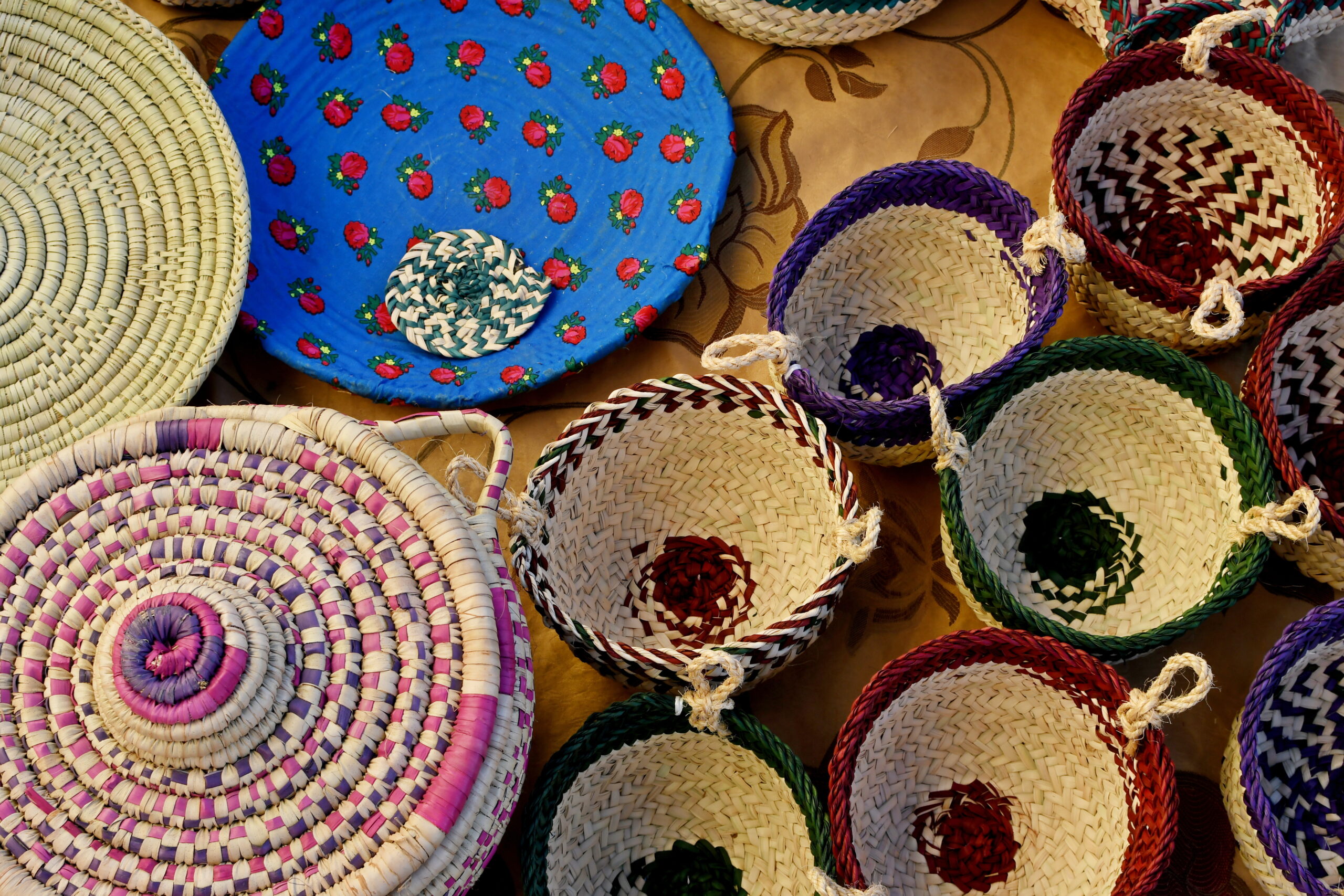Boost Plant Yields with K Silicate Nutrient
Did you know that nearly one-third of international crop yields can be enhanced with augmented fertilizers like potassium silicate? This statistic highlights the fertilizer’s capability to revolutionize agricultural production. As growers deal with the hurdles of environmental shifts and soil degradation, potassium silicate proves as a cutting-edge solution. It doesn’t just enhances crop yields but also supports robust growth.
This discussion will dive into the benefits of potassium silicate fertilizer, its roles in agriculture, and methods to enhance your farm’s potential. With advice from authorities, you’ll learn why potassium silicate is crucial for successful farming. It prepares the ground for successful agricultural methods, resulting in better harvests and superior crop quality.
Key Takeaways
- Potassium silicate fertilizer notably improves agricultural durability.
- It enhances plant energy conversion, leading to vibrant crops.
- This nutrient strengthens cell walls, ensuring resilience.
- Effective application techniques are critical for achieving success.
- Knowing dosage guidelines ensures efficient fertilizer application.
- Silicate Potash is usable in both soil and water-based farming.
- Using K Silicate enhances output in cannabis cultivation.
What is K Silicate?
K Silicate is a soluble in water substance vital for boosting crop production. It blends K, important for crop vitality, with silica. This blend improves crop robustness and development. The distinct formulation of K Silicate reinforces tissues and improves resistance against external pressures.
This nutrient’s versatility renders it suitable for both traditional soil farming and modern hydroponic systems. Its dissolvable potassium guarantees excellent nutrient delivery. This ensures crops get the vital components for maximal growth.
Agriculturalists and horticulturists often choose potassium silicate for its capacity to reinforce crops. By using this product, they boost the vitality and strength of their crops. This leads to stronger growth and likely increased production.
Advantages of Silicate Potash for Plant Growth
Silicate Potash is known for its broad positive effects in plant production. This additive is central for improving plant growth and health. Its special characteristics offer notable gains that are vital for crop success.
Boosts Agricultural Durability
K Silicate notably improves agricultural durability. Silicon in this supplement fortifies plants against water scarcity and diseases. It arms plants with a built-in protection, allowing them to withstand external pressures more effectively.
Enhances Photosynthesis Efficiency
The combination of potassium and silicon enhances the photosynthetic process. It activates chlorophyll synthesis, enabling vegetation to utilize sunlight more optimally. This brings about more vibrant foliage and higher production, directly supporting agricultural productivity and well-being.
Fortifies Cell Walls
Silicate Potash reinforces cell walls in vegetation. These fortified cell structures enable plants to resist environmental stress and pests more successfully. This not only improves agricultural strength but also promotes their well-being throughout all stages of growth.
Roles of Potassium Silicate in Farming
Silicate Potash is crucial in farming, serving as a cornerstone in enhancing yields. It serves as a plant booster, supporting crop development and boosting nutrient absorption. Agriculturalists widely use silicate potash for various crops, including:
- Field crops including corn and soy
- Vine crops such as grapes and squash
- Ornamental plants for aesthetic appeal
- Hydroponic systems for water-based growing
Introducing K Silicate to agricultural practices enhances crop vitality. It increases resistance to pests and diseases, leading to higher yields and better crop quality. Furthermore, it supports water retention and helping plants cope with stress, aiding their development throughout the year.
| Plant Category | Benefits of Silicate Potash | Application Method |
|---|---|---|
| Large-Scale Plants | Improves dryness resilience | Direct soil application or leaf mist |
| Trellis Crops | Promotes fruit quality | Irrigation-based application |
| Decorative Plants | Boosts coloration and development | Direct leaf application |
| Hydroponics | Enhances nutrient consistency | Combined with plant nutrients |
The varied uses of K Silicate in farming underscore its essential function. It provides vitality in vegetation and enhances agricultural output.
How to Apply Potassium Silicate
Correct use of K Silicate is vital for enhancing crop productivity. Knowing how to apply potassium silicate can greatly improve plant production. Below, examine the various application methods and effective strategies for incorporating this vital nutrient into your crop management.
Effective Techniques for Using
There are several ways to use potassium silicate, giving you choices to suit different crop needs. Here are a few effective methods:
-
Leaf Spraying: This technique requires blending silicate potash with H2O and distributing it on foliage. It ensures rapid uptake by the plant.
-
Ground Application: Incorporating potassium silicate to the earth near the base of plants allows it to be readily available for root uptake.
-
Integration into Hydroponic Systems: For hydroponic growers, integrate potassium silicate in nutrient solutions to deliver vital nutrients to vegetation in a precise application.
The easily absorbed nature of potassium silicate facilitates efficient absorption by plants through these methods, ensuring your receive the nutrients they require.
Best Practices for Integration
To fully utilize silicate potash, adhere to these recommended guidelines:
- Mix K Silicate with aqua as directed by the producer before application.
- Do not combine silicate potash with concentrated fertilizers in the same container. This can lead to unwanted interactions that lessen its potency.
- Consistently monitor environmental conditions and agricultural success to gauge the outcome of your fertilizer application.
By following these techniques and best practices, you can dramatically improve the efficacy of potassium silicate fertilizer. This will aid produce more robust vegetation.
Potassium Silicate Application Rates
Understanding the correct application rates for K Silicate is vital to guaranteeing optimal crop health. Using the proper amount is crucial to avoid insufficient usage or excessive usage. Both scenarios may influence agricultural productivity and output adversely.
Grasping Dosage Instructions
Dosage amounts for K Silicate vary based on multiple considerations, including the type of plant, its development phase, and the soil’s condition. It’s important to adhere to usage recommendations from producers. These recommendations are designed for certain vegetation and situations. While a general range is often recommended, conducting soil tests may provide more specific instructions.
Considerations for Usage Amounts
Several factors are crucial in setting the optimal potassium silicate usage amounts:
-
Ground Structure: Ground structure and formation influence nutrient absorption.
-
Existing Nutrient Levels: Assessing present potassium and silica is vital before incorporating.
-
Plant Nutrient Needs: Different vegetation has specific nutrient demands that determine the right dosage.
| Plant Category | Development Phase | Appropriate Usage Level (lbs/acre) |
|---|---|---|
| Edible Plants | Early Growth | 10-20 |
| Fruit Trees | Halfway Development | 30-40 |
| Grain Plants | Late Growth | Between 15-25 |
| Blooming Plants | Blossom Phase | Between 5-10 |
Popular Silicate Potash Options
Identifying quality potassium silicate products is vital for successful agriculture. A diverse selection of companies sell distinct features and cost-effective options, serving various farming demands.
Leading Products to Explore
Well-known brands among the leading K Silicate products include:
- AgSil Products
- AN (with products like Rhino Skin)
- VanBaerle Nutrients
These brands are celebrated for their nutrients designed to boost crop performance.
Key Details and Prices
Grasping the details and prices of K Silicate options assists with smart purchasing decisions. For example:
| Company | Item Name | Product Strength | Silica Content | Price |
|---|---|---|---|---|
| AgSil Products | AgSil 16H | 32% K | Above 50% | \$45.34 (4 lb package) |
| Advanced Nutrients | Rhino Skin | 1% K | With Extra Silica | \$36.99 for 1 liter |
| VanBaerle Products | Silicate 10 Formula | 10% Potassium | Silicon Dioxide Percentage Unlisted | \$29.99 per 5 lbs |
This overview highlights the diversity in attributes and costs across leading brands. Smart analysis of these aspects ensures the most effective utilization of silicate potash in agriculture.
Silicate Potash for Agricultural Well-being
K Silicate is vital for boosting plant health, boosting strength and resistance. It fortifies crop tissues, bringing about improved health and faster growth. This compound SiO2 benefits vegetation by making stems and leaves stiffer, important in withstanding severe climates and fungal threats.
Additionally, potassium silicate enhances moisture preservation and nutrient absorption in crops. Robust plants absorb minerals more effectively and survive climatic challenges better. This resilience helps environmental balance, aiding green agriculture.
Understanding K Silicate’s importance inspires farmers and plant enthusiasts to use it in their farming practices. By doing so, they cultivate more resilient crops that can flourish under diverse conditions.
| Element | Benefits of Silicate Potash |
|---|---|
| Plant Structure | Reinforces cell structure, improving plant resilience |
| Health Defenses | Improved capacity to fight off infections and invaders |
| Crop Maturation | Accelerates development and development of crops |
| Weather Tolerance | Enhances tolerance to severe conditions |
| Mineral Absorption | Boosts mineral uptake of key compounds |
| Moisture Preservation | Boosts hydration levels for better growth |
Silicate Potash for Water-Based Farming
In the field of water-based agriculture, controlling nutrition is crucial for maximal crop development. silicate potash is a valuable supplement that enhances the effectiveness of soilless cultivation. It’s particularly useful during key development stages, resulting in more robust crops and better production.
Effective Integration in Soilless Farming
Incorporating K Silicate into water-based farming methods at crucial intervals boosts its positive effects. The flowering period is crucial, as crops need more vital elements. Applying potassium silicate at this point results in several advantages:
-
Enhanced root growth: A strong root network aids in improved plant nutrition.
-
Optimized nutrient use: silicate potash enhances how crops use nutrients in soilless setups.
-
Improved stress tolerance: Vegetation become better able to temperature and humidity changes.
-
Accelerated development: Vegetation grow faster and healthier with the correct dosage of silicate potash.
Adhering to these suggestions makes certain successful integration of potassium silicate in your water-based farm. The timing and amount of this fertilizer significantly impact its effectiveness.
| Growth Stage | Appropriate Level | Expected Benefits |
|---|---|---|
| Early Growth | Between 0.5-1 ml/L | Healthy root development |
| Mid-Growth | 1-2 ml/L | Better nutrient utilization |
| Bloom | Between 2-3 ml/L | Improved yield potential and plant resilience |
Silicate Potash for Cannabis Growth
The introduction of silicate potash has transformed cannabis growth. This supplement brings specific advantages suited to cannabis plants. It boosts growth, strengthens crop resilience, and results in superior yields.
Improving Production with Potassium Silicate
Silicate Potash supports boosting production by promoting a solid crop foundation. Higher SiO2 bring about more resilient structures, capable of holding up thick growth. Furthermore, it enhances trichome production, important for the potency and value of the buds. This results in higher harvests and superior cannabis growth benefits valued by cultivators.
-
Robust plant structure: Thicker stems support larger flower formations.
-
Enhanced resin output: Enhanced plant output with enhanced potency.
-
Improved stress resistance: Ability to withstand environmental challenges.
-
Improved plant vitality: More resilient vegetation bring about increased production.
Incorporating K Silicate delivers a competitive advantage for marijuana farmers looking to improve their cultivation methods.
Finding Silicate Potash Vendors
Growers looking for top K Silicate products have a range of vendors to select. Nearby agriculture hubs are a frequent provider, making these fertilizers accessible to growers nearby. For those preferring e-commerce, a variety of e-stores provide potassium silicate, particularly targeting home gardeners.
Well-known brands like CHN, and Advanced Nutrients are prominent. They sell a selection of options tailored for both home growers and large-scale operations. Their commitment to excellence provides for effective crop management.
When choosing potassium silicate, evaluate both the price and the nutrient’s benefits. Below is a comparison of some suppliers:
| Supplier | Item Category | Rate per Item | Intended Audience |
|---|---|---|---|
| Custom Hydro Nutrients | Dissolvable K Silicate | \$20 for 1 liter | Small and Large Farmers |
| Advanced Nutrients | Potassium Silicate Powder | \$25/kg | Small-Scale Farmers |
| Local Co-op | Granular Potassium Silicate | \$15 for 2 kg | Large-Scale Agriculture |
Being aware of the sources for silicate potash enables farmers in selecting the best products for their fertilizer needs. This results in better agricultural outcomes.
Silicate Potash for Better Blooms and Produce
K Silicate is a transformative fertilizer for plants that flower and produce-producing plants. It greatly improves blossom dimensions, which doesn’t just enhances beauty but also improves pollination rates. This brings about a stronger plant maturation.
For fruiting crops, K Silicate is a strong performer. It increases fruit weight and quality, enhancing economic value. The product doesn’t just stop at size; it also boosts quality and taste, improving the overall market value.
Moreover, silicate potash enhances solar energy conversion, resulting in better harvests. Silicic acid, a key component, improves toughness. This allows flowering plants and fruiting crops to strongly endure climatic challenges, resulting in prolonged fruiting seasons and greater yields.
Using K Silicate into your nutrient plan will greatly enhance blooming and production. It builds a more resilient plantation or field, rendering it a top choice for those pursuing maximum production.
Issues and Points to Keep in Mind with Silicate Potash
Potassium silicate is a potent tool for boosting crop yields. However, its successful application depends on managing certain challenges. Getting the proper amount is crucial. Applying too much may cause nutrient imbalances, hampering crop development.
Ensuring compatibility with other fertilizers is equally crucial. Before mixing products, verifying their compatibility is important. Bad mixes could lower the nutrient’s impact. Understanding these dynamics is crucial to optimizing nutrient management.
Enhancing user knowledge about these challenges can greatly boost silicate potash use. By making informed decisions, users can foster healthier plants and boost agricultural success.
| Obstacle | Element | Tips for Successful Application |
|---|---|---|
| Over-Application | Nutrient Imbalance | Stick to recommended dosage; conduct soil tests. |
| Compatibility Issues | Potential Adverse Reactions | Check nutrient interactions first; seek professional advice. |
| Lack of Knowledge | Suboptimal Results | Attend training sessions; study effective use cases. |
Conclusion
The importance of K Silicate in farming is profound. It delivers substantial benefits for plant growth. This nutrient enhances plant resilience and well-being, bringing about strong crops across diverse environments.
Moreover, silicate potash aids in effective crop production strategies. It supplies important compounds that protect plants from dry conditions and pathogens. Proper use of this fertilizer empowers growers to boost yields, resulting in better crops.
Looking ahead to sustainable agriculture, potassium silicate emerges as a essential product for growing robust crops. By adding this product, farmers can produce more productive vegetation. This strategy aids both eco-friendly practices and profitable agriculture in farming operations.


